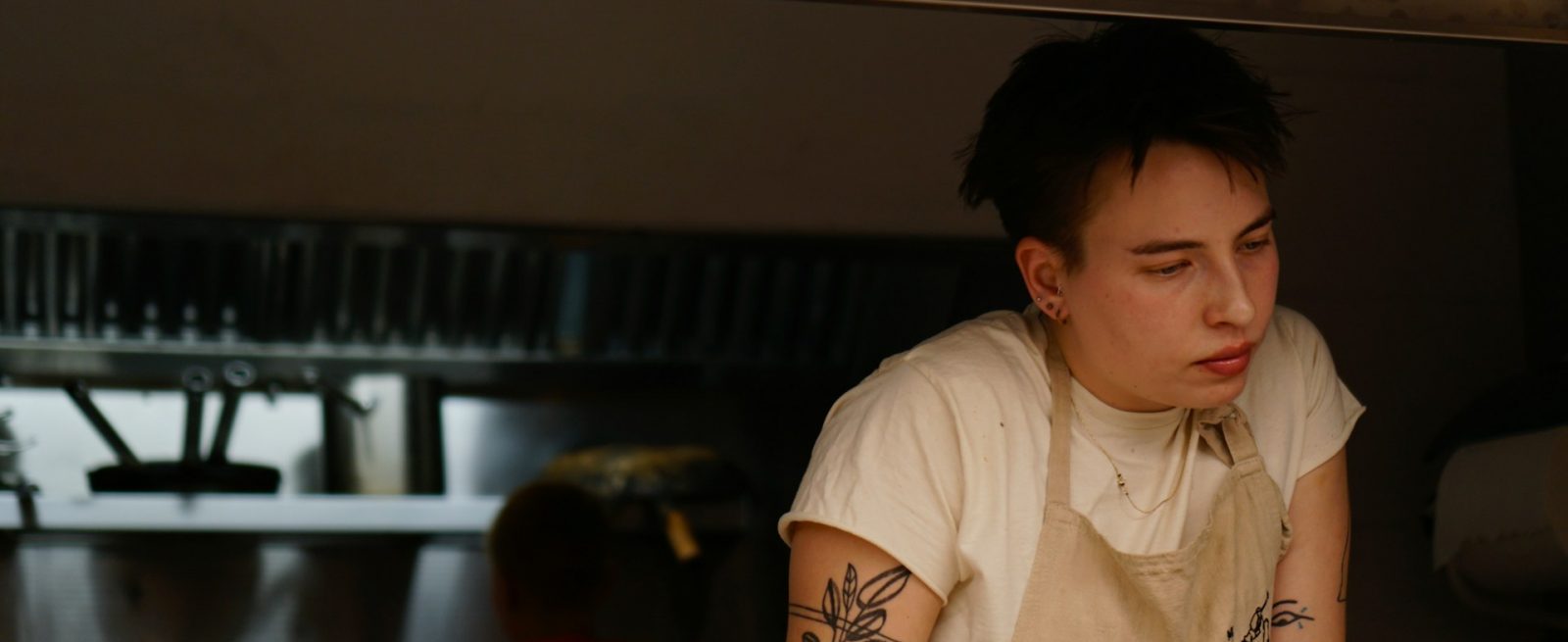From Burnout to Balance: Rewriting Hospitality’s Blueprint
3 Min Read By Kimberly Flear
September is Recovery Awareness Month. It’s a time to spotlight the challenges of addiction and mental health, and more importantly, the possibilities for change.
In hospitality, this conversation is long overdue.
We don’t have a “mental health problem” in our industry.
We have a systems problem.
For decades, we’ve built restaurants, bars, and hotels on a blueprint that rewards overextension and normalizes unhealthy coping.
In too many workplaces:
- Skipping meals and breaks is “dedication.”
- Post-shift drinks are “connection.”
- Double shifts are “what it takes.”
- Asking for help feels like career roulette.
This isn’t bad luck — it’s the operating manual we’ve inherited.
Th good news: we can rewrite it. We can create workplaces no one has to recover from.
Recovery Awareness Month isn’t just about celebrating those who have overcome addiction — it’s about looking at the environments we work in and asking: Are we helping people stay well, or are we pushing them to the brink?
And not just pushing them to the brink but often ignoring, or even denying, the very fact they may need help at all.
What It Would Take to Change the System
1. Redefine Success
In hospitality, “reliable” has often meant “the one who can survive the most stress.” That’s a dangerous metric. True reliability is about showing up consistently and doing the job without burning out in the process.
2. Make Support the Default
Instead of waiting for a crisis, integrate burnout check-ins, train leaders to spot early warning signs, and create space for real conversations. Prevention is cheaper — and far more effective — than damage control.
3. Change How We Connect
Community is the heartbeat of this industry, but connection doesn’t have to come in a pint glass. We can keep the camaraderie and ditch the coping strategies that keep us stuck. Swap “just one more round” for post-shift rituals that don’t require a hangover to recover from.
4. Stabilize the Basics
Predictable schedules, fair pay, and enough coverage so breaks aren’t a luxury — these aren’t perks. They’re the foundation of a sustainable workplace. Without them, everything else is just damage control.
5. Lead Differently
A manager’s job isn’t only to run the floor… it’s to lead people. One without the other doesn’t last. Leaders who understand both operations and human well-being create teams that stay longer, perform better, and burn out less.
6. Give People Help They Trust
If your Employee Assistance Program (EAP) is a ghost town, the problem isn’t that “people don’t want help.” The problem is trust. Partner with organizations that know this industry and create a culture where using support is safe, not a liability.
From Recovery to Prevention
Recovery Awareness Month often focuses on the journey of individuals. Those stories matter — they are lifelines of hope. But in hospitality, we also need to talk about prevention.
We cannot keep telling workers to be “more resilient” while leaving the system unchanged.
Resilience is not about surviving toxic conditions, it’s about having the right conditions, so you don’t need to constantly recover from the job itself.
That’s how we start reducing turnover, retaining talent, and building workplaces people want to stay in. And that’s how we start truly honoring Recovery Awareness Month — not only by supporting people after they’ve been harmed, but by committing to stop the harm in the first place.
The Blueprint Is Ours to Rewrite
The hospitality industry is one of the most creative, passionate, and resourceful sectors in the world. If we can orchestrate flawless service in the chaos of a Saturday night, we can also design systems where people thrive.
The question isn’t if it can be done — it’s when we’ll decide it’s worth it.
This September let’s make recovery about more than bouncing back. Let’s make it about building an industry no one has to recover from.


